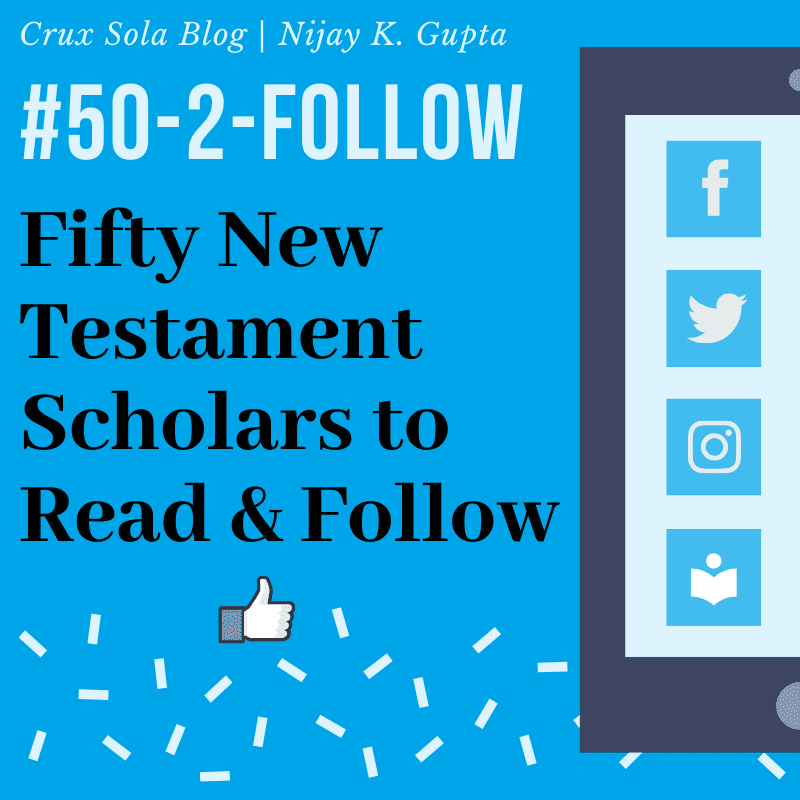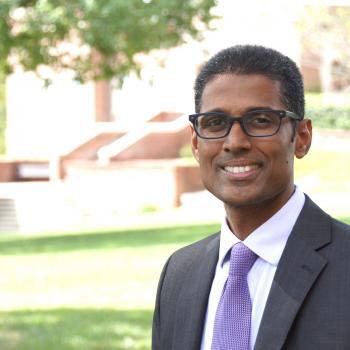This blog series spotlights 50 NT scholars and their research. The goal of this series is to introduce readers to a wider circle of scholarship than they have encountered. The majority of people on this list are early or mid-career NT scholars who are doing great research and writing.
Introducing
Grant Macaskill
Explain why you love teaching and/or writing, and why it brings you vocational satisfaction.
I love truth. I want to know more of it and to see others enjoy it. But truth is more than facts, and if we want to press beyond the superficial, we need to learn how to ask the right questions and how to exercise intellectual patience. That involves intellectual fellowship, of the kind we enjoy through reading and writing and through classroom collaboration. At every level, we need to get better at talking about truth and how to both pursue and advocate it, in a world that is losing its categories of truth to a pernicious reductionism. Even communities that consider themselves “faithful” are affected by that problem, more than they realise. I love my job because it gives me an opportunity to resist that.
What is one “big idea,” emphasis, or theme in your scholarship that you hope impacts the way students and scholars read and understand the NT?
The modern practice of exegesis is a very particular way of engaging with the biblical texts, driven by the values and priorities of the modern academic world. (The word “exegesis” itself is actually very recent, although it sounds old.) Usually, this is about retrieving something historical, whether that is the author’s original meaning or some set of circumstances behind the text. That’s fine, and the results of modern exegesis can be very important, but we need to appreciate that there are other ways of engaging with the text that might be more relevant to our task, depending on what we are really trying to do when we read the Bible. Sometimes this can simply involve recognising that ancient readers of Scripture (such as the New Testament authors or other contemporary Jewish readers) did not practice modern exegetical method when they read or combined scriptural texts. They followed different interpretative and creative principles. Sometimes, it means learning to read the Biblical material in different ways, in dialogue with theology or with ideological reflection. When we are trying to use the Bible in normative ways, in relation to ethics or doctrine, that becomes particularly important: we are often horribly naïve to the assumptions we make when we try to make our modern exegesis the basis for truth claims.
Who is your academic hero and why?
My first hero would be Loren Stuckenbruck. Like me, he works on the Jewish contexts of the New Testament and the intertwining of early Jewish and early Christian thought. Loren is not just immensely well learned, he is also immensely kind. That is why he is my academic hero. My second would be my doctoral supervisor, Richard Bauckham, who exemplified the kind of work that seeks to think across the fragmented disciplines.
Name a few academic books that were formative for you as a student.
Brevard Childs, Biblical Theology in Crisis
Hans Frei, The Identity of Jesus Christ
Richard Bauckham, God Crucified (now re-published in Jesus and the God of Israel)
Read Macaskill’s Work
Autism and the Church (Baylor University Press)
Union with Christ in the New Testament
Follow Macaskill ONLINE
“The Idolatrous Self and the Eikon: The Possibility of Worship” (Annual Karl Barth Lecture VIDEO)
“The NT and Intellectual Humility” (Lecture, VIDEO)
“Autism and the Bible” (Lecture, VIDEO)
Follow Macaskill on Social Media
If you ran into me at SBL, and you didn’t want to talk about New Testament studies, what would you want to talk about?
road cycling, songwriting, the writings of Neil Gaiman.
What is a research/writing project you are working on right now that you are excited about?
I have a longstanding project to develop a two-volume theological commentary on Romans that will come out in the T&T Clark International Theological Commentary series. I am also working on a comparison of the uniquely Slavonic and uniquely Ethiopic Enoch material. Both projects are exciting. Neither will be out for some time.




















